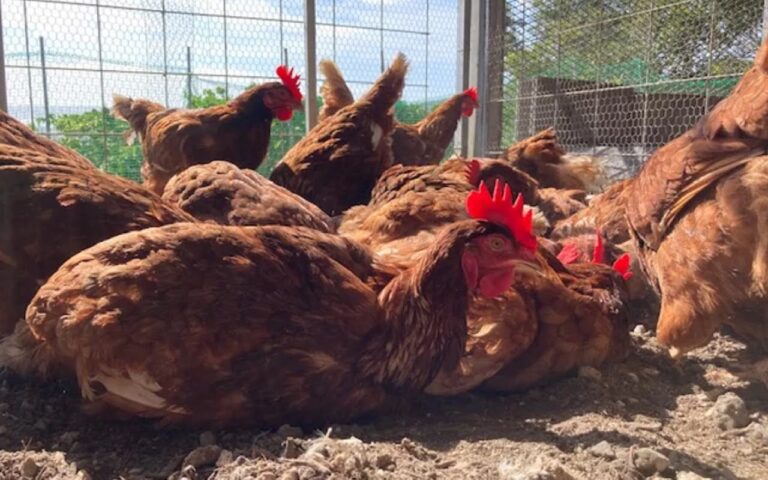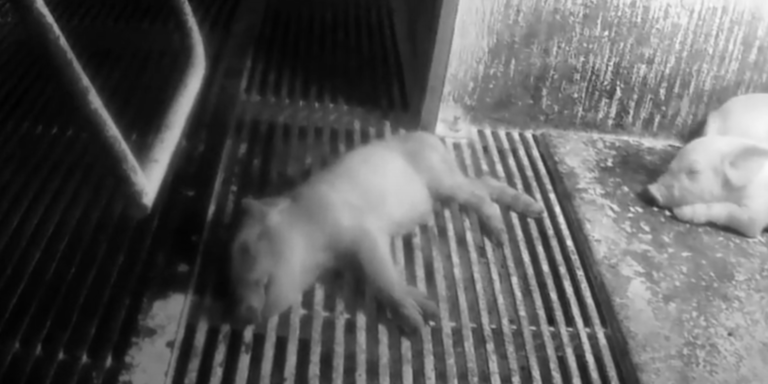
Category Animal Welfare


Achievements and Progress in 2022
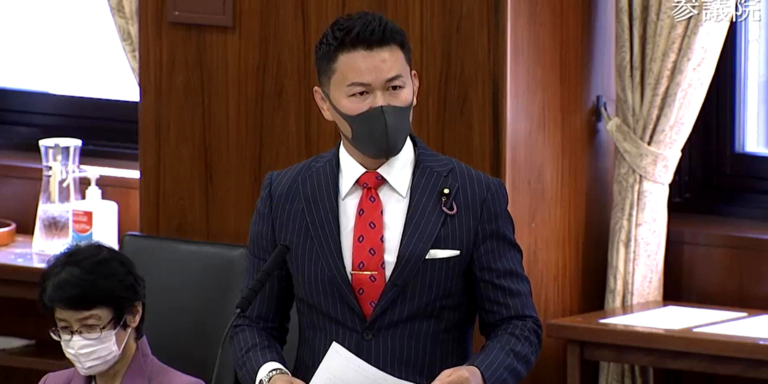
MAFF Committee discusses male chick culling for the first time
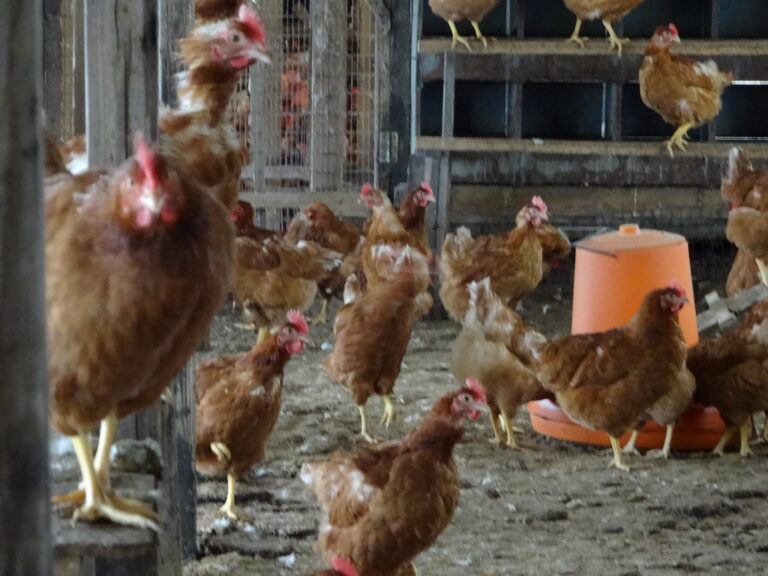
Companies and Shops Newly Added to “The List of Cage-Free”
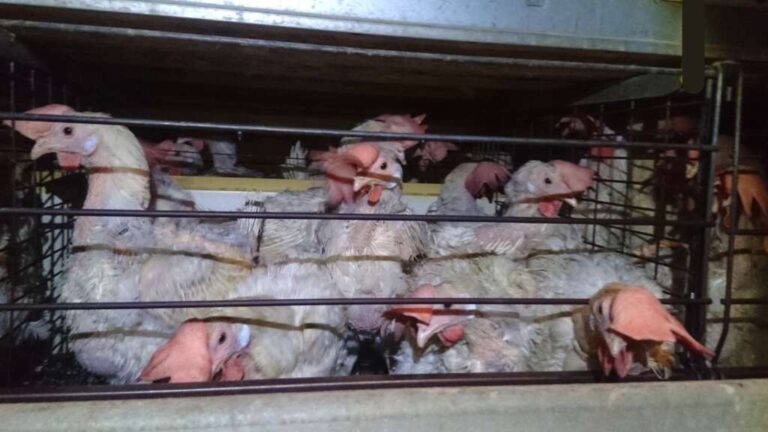
Incredibly overcrowded breeding space – layer poultry farms in Japan
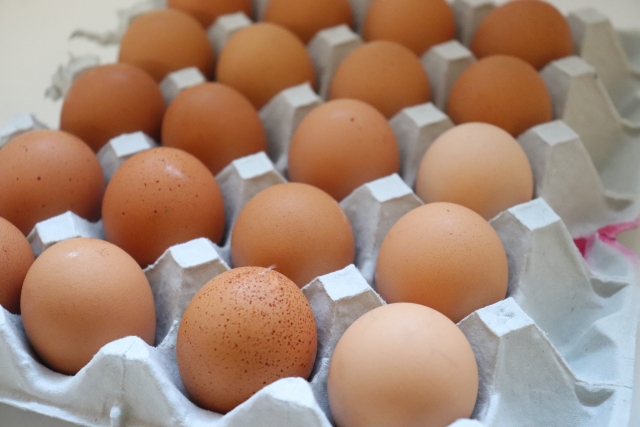
In summer 2022, demand and supply of cage-free eggs has increased.

Should animals be given legal status?

Worldwide campaign for cage-free – its first target in Asia is a Japanese company
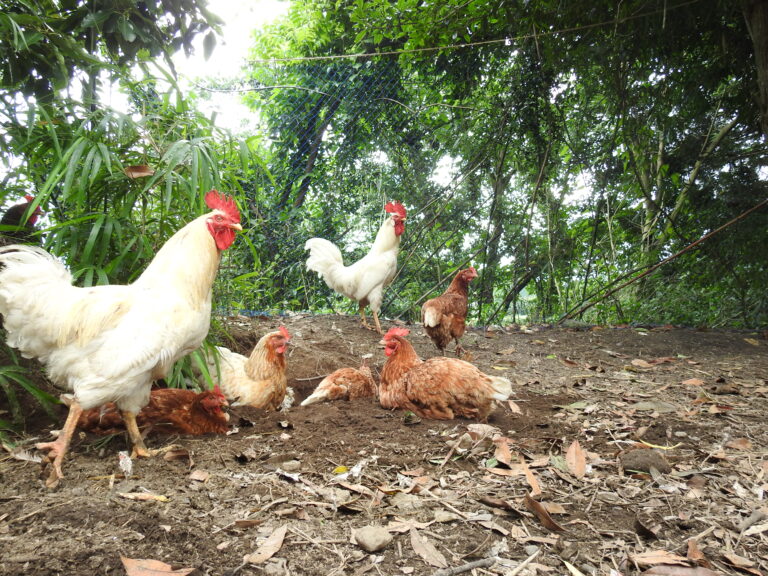
“One Step Ahead of Delicious” Ramen Restaurant Mugen is 100% Cage Free

The egg industry corruption case – Mr. Akita and former agriculture minister Yoshikawa both found guilty, but problems continue
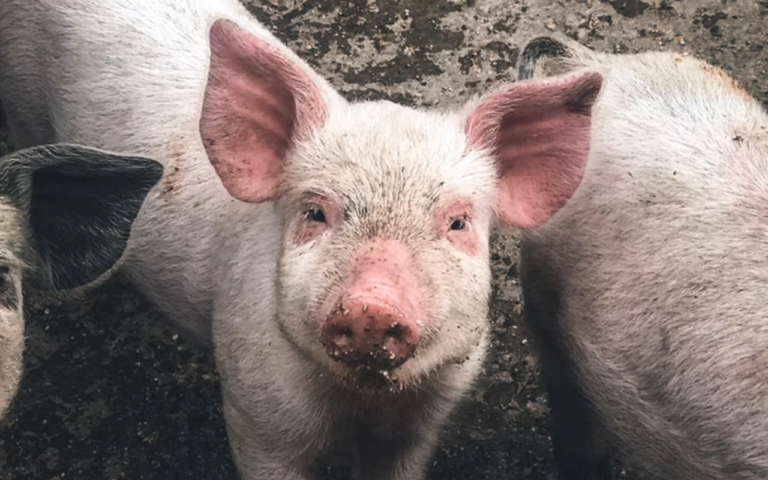
Corporate animal welfare procurement standards, slowly but gradually
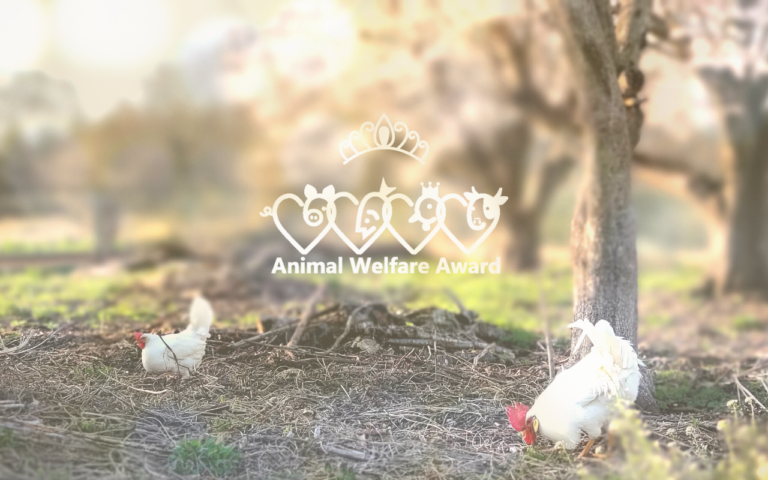
Animal Welfare Award 2022: winners announced
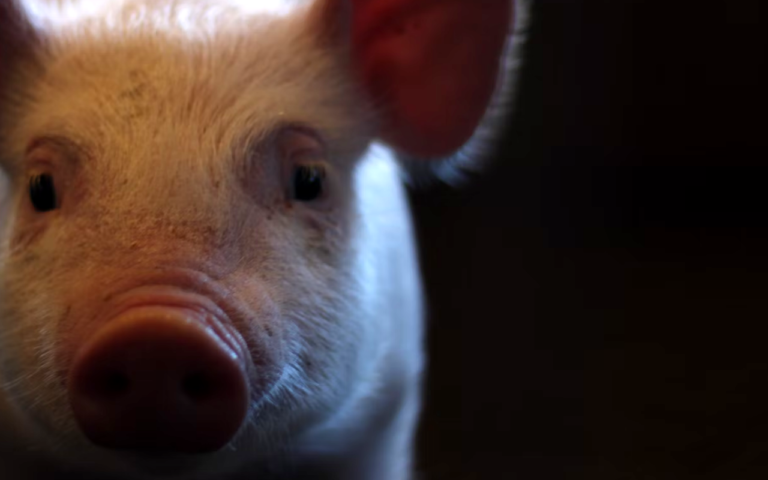
METI recognizes the importance of animal welfare
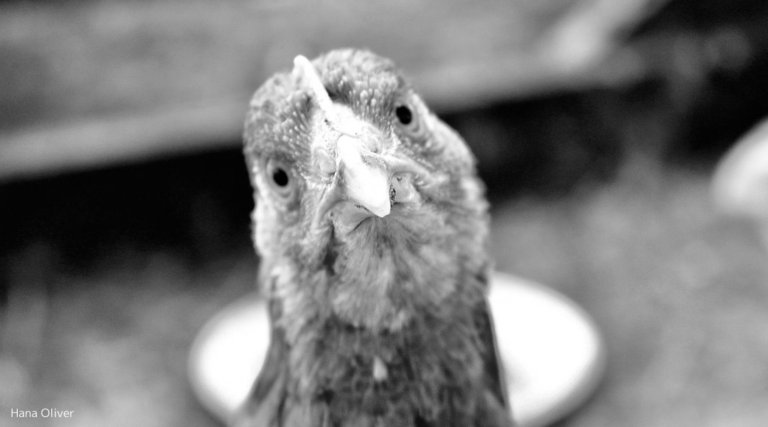
Can’t the Agriculture Ministry change? – Animal Welfare Committee met behind closed doors
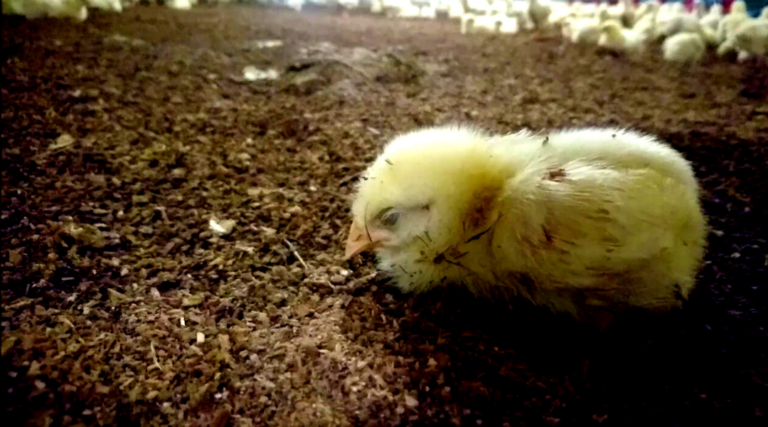
Genome-editing technology, no animal welfare assessment in Japan
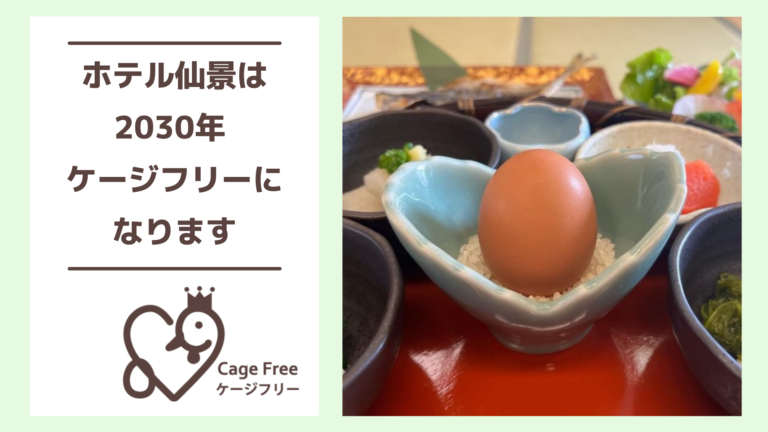
GOOD NEWS! HOTEL SENKEI DECLARES CAGE FREE BY 2030!
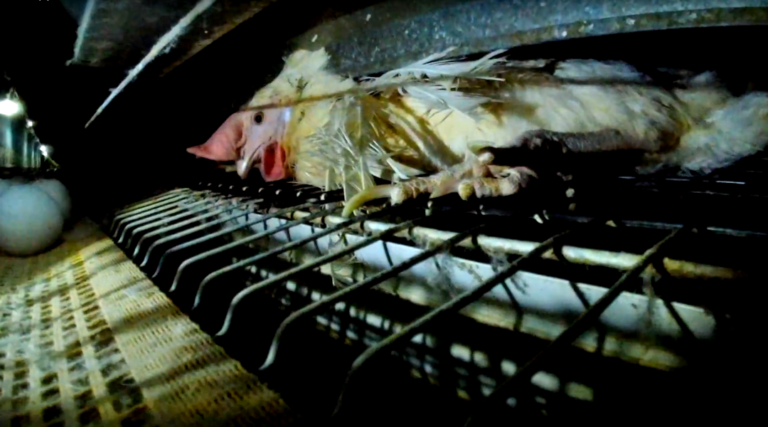
Ise Foods, which confines the largest number of animals in cages in Japan, filed for corporate reorganization

2022 Awareness Survey regarding Livestock Animals

Cage-free and egg-free mayonnaise spreading
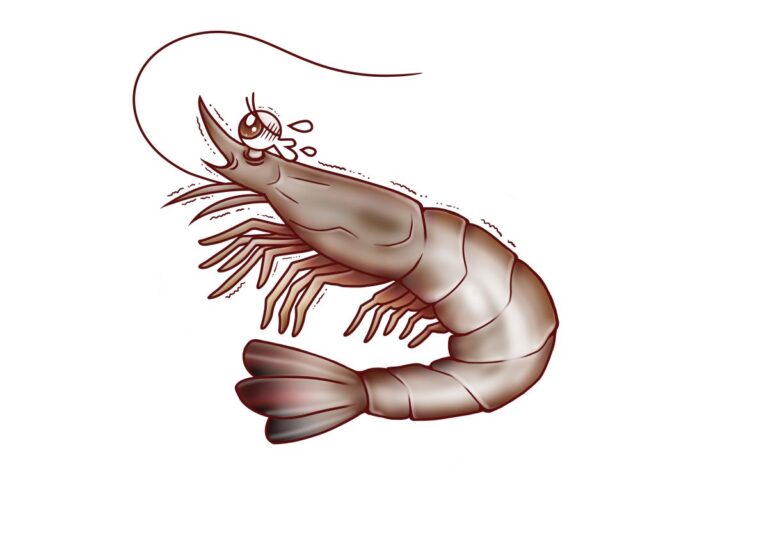
#ShrimpsMatter campaign final report
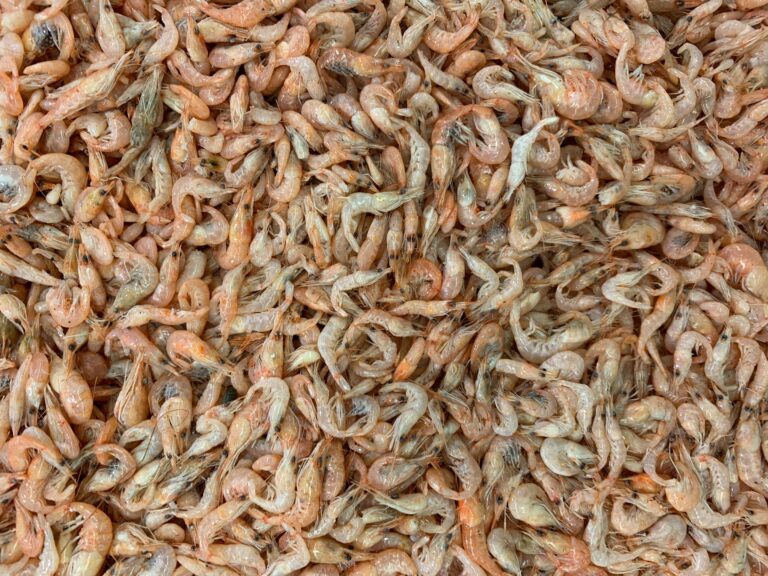
Awareness Survey Regarding Shrimps #2, January 2022
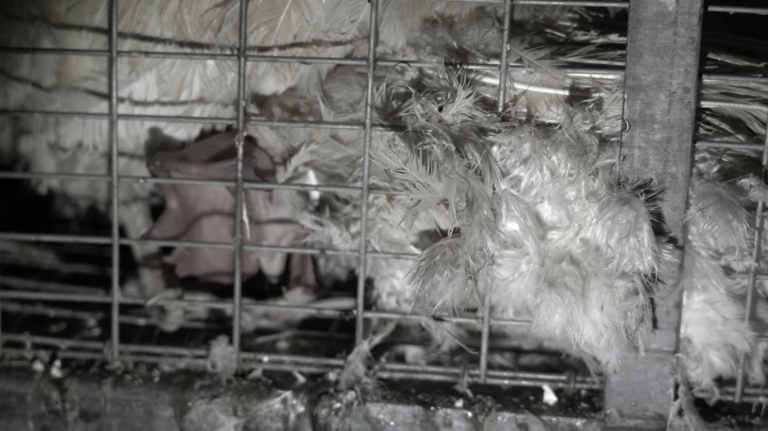
Slaughter-themed piece wins a film award
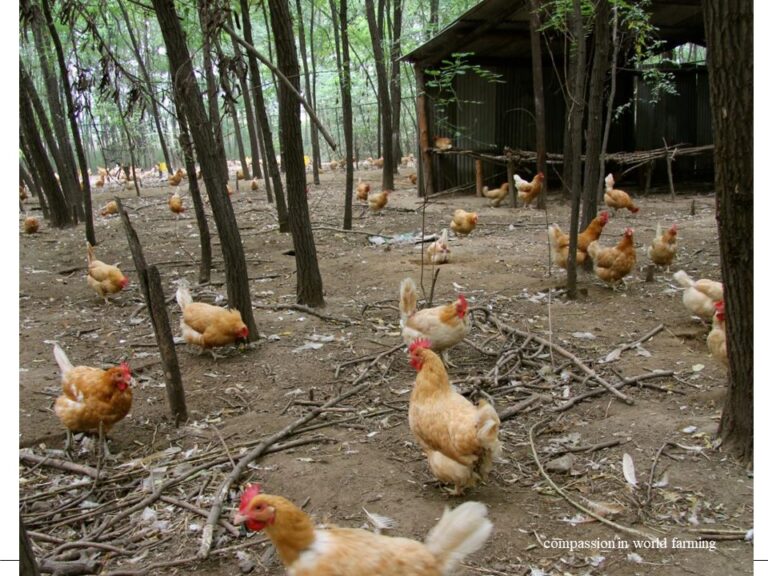
Aman Tokyo 2023: fast-paced commitment to cage free, with ARC egg support!
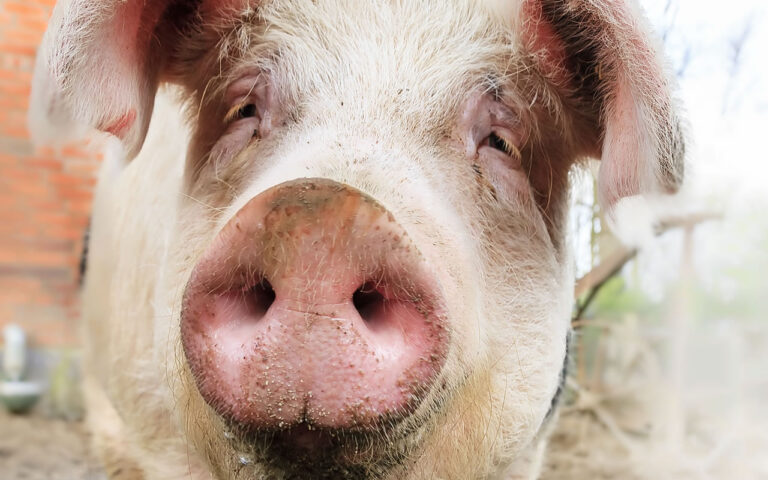
Good news! NH Foods Group announces gestation-crate free!
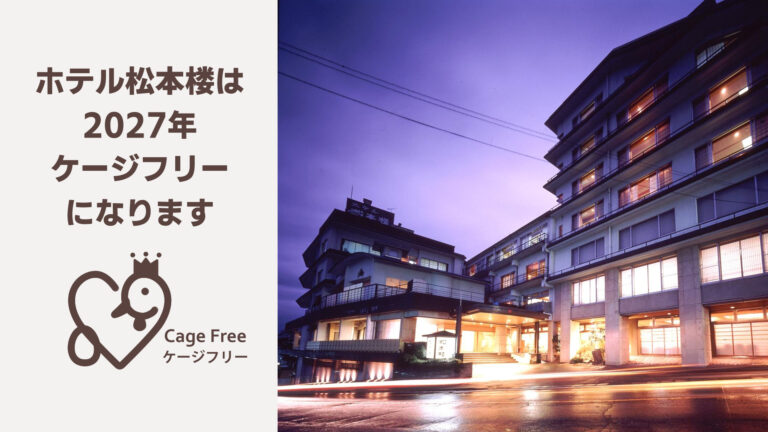
Good news! Ikaho Onsen Hotel Matsumotoro declares cage free by 2027!
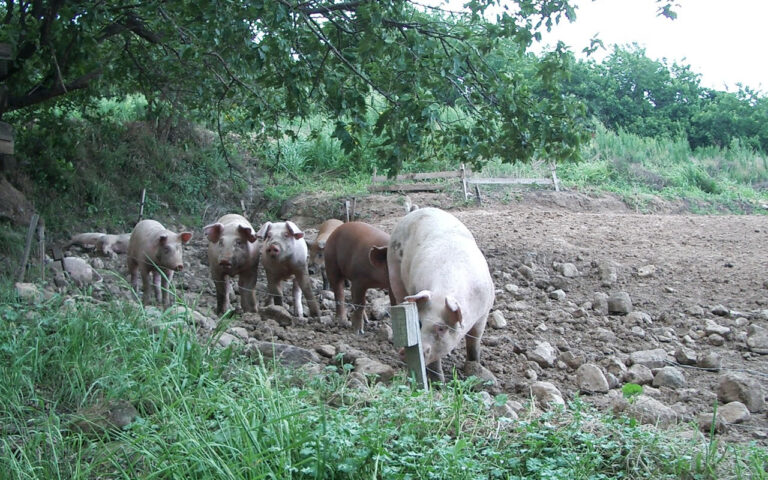
Yamanashi Prefecture Announces Animal Welfare Certification. Let’s go free range!
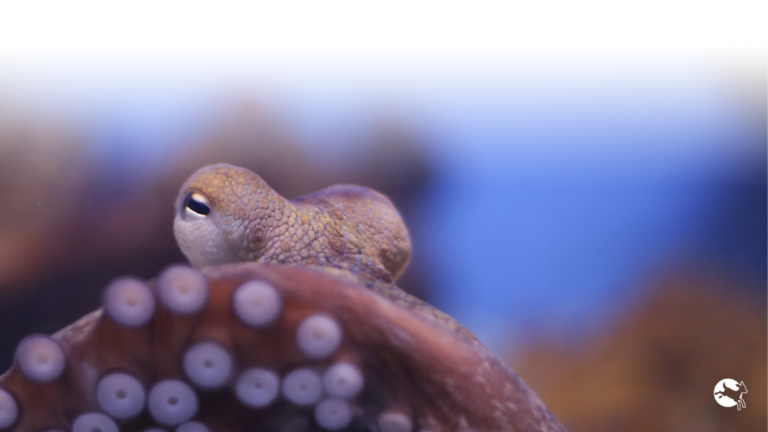
Animal welfare campaigners urge Japanese government to stop octopus factory farming on World Octopus Day
